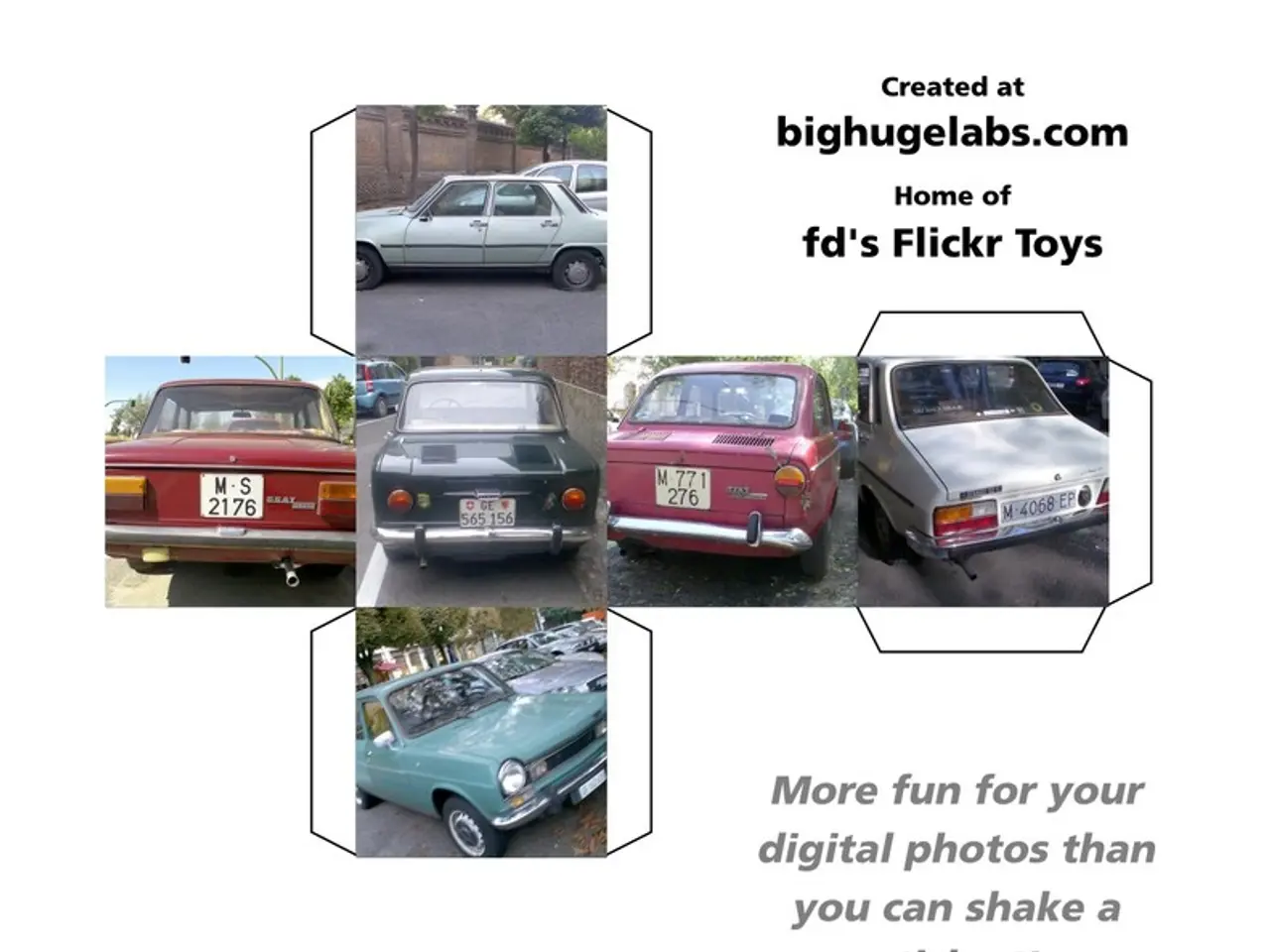Female Workforce Skill Enhancement Initiative 'Saksham' Kickstarted by Hero MotoCorp and ASDC in Bihar
The Saksham Project, a transformative skill development initiative, is making significant strides in reducing gender disparity within India's automotive and electric vehicle (EV) sectors. Backed by entities such as the Automotive Skill Development Council (ASDC) and the Automotive Research Association of India (ARAI), the project is empowering women, particularly from underserved communities, with relevant technical and soft skills.
After successfully training over 4,000 women in Phase I, Saksham has now advanced to Phase II, with a goal to train 20,000 women across India. As of March 2025, over 2,299 women have been mobilized, with 1,890 currently undergoing training in Phase II.
The programme targets eight high-demand job roles in the automotive sector, covering both conventional vehicles and EVs. The training equips women with skills necessary to work in EV manufacturing, servicing, and allied automotive functions, ensuring their inclusion in rapidly growing segments of the industry.
At a recent event in Vaishali (Hajipur), Bihar, a new batch of trainees was inaugurated. The event was attended by Union Cabinet Minister for Food Processing Industries, Shri Chirag Paswan, who stated that the trained and certified women represent the changing face of Bihar, a result of the Government of India's skilling initiative.
Vinkesh Gulati, Vice President of ASDC, emphasized that Saksham exemplifies how industry, government, and society collaboration can lead to real change in women’s inclusion and career advancement in the sector. He asserted that Saksham is not just filling workforce gaps, but is rewriting the story of women’s participation in the automotive sector.
The event celebrated the graduation of trained women candidates, marking a milestone under the Saksham Project, a women-centric skilling initiative. Hero MotoCorp Limited supports the Saksham Project, and the message conveyed by the event was that when women are empowered, the nation rises with them.
Shri Chirag Paswan appreciated ASDC's efforts and suggested that ample opportunities in the automobile sector, even at the rural level, are available, particularly with the rise of electric vehicles. He emphasized that this initiative offers a promising future for women in these sectors.
With its focus on women’s participation in a traditionally male-dominated workforce, Saksham addresses the gender gap by measuring success not just by numbers but by the economic empowerment and socio-cultural transformation that comes with increased female workforce participation. By promoting inclusive skilling and economic equity, Saksham fosters greater gender balance and helps rewrite narratives around women in automotive and EV industries.
As Saksham continues to scale across India, it serves as a beacon of inclusive skilling, economic empowerment, and gender equity, driving gender equity, skill development, and workforce expansion in the evolving electric vehicle and automotive ecosystems in India.
- The Saksham Project, an initiative focused on skill development, is working towards gender equity in the automotive and electric vehicle sectors, with a goal to train 20,000 women across India.
- In the realm of health-and-wellness and personal-growth, the empowerment of women through skill development programs like Saksham can lead to significant socio-cultural transformations, fostering economic independence and rewriting narratives about women's participation.
- Even in the thriving industries such as transportation and automotive, women's inclusion and career advancement needs to be addressed, as highlighted by Union Cabinet Minister, Shri Chirag Paswan, during a recent event.
- As the Saksham Project advances, it serves as a model for inclusive skilling and economic equity, not only reducing gender disparity in the industry but also paving the way for women's health-and-wellness and education-and-self-development opportunities within these industries.




